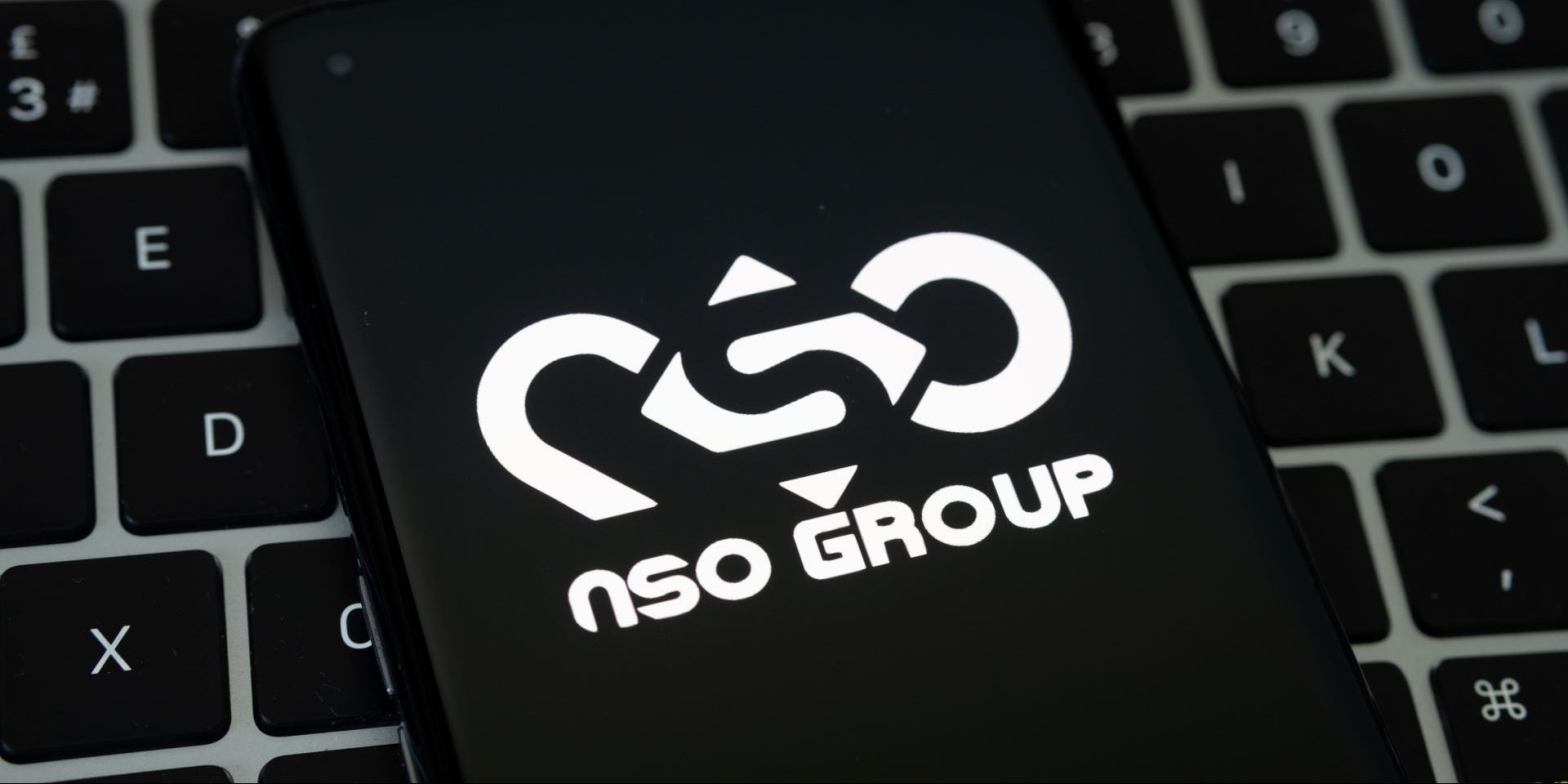The Fifth-generation war is a war of perspectives and India aims to improve its position by becoming the most targeting nation amid the changing war composition. In order to do so, the country is developing both the offensive and defensive cyber capabilities taking help from both the domestic and foreign firms.
A recently disclosed data that suggested India’s use of Israeli spyware – Pegasus has invoked huge criticism for the country. The investigation suggested that the Indian government is targeting its own citizens, although the country has named it baseless accusations.
Over time, powerful non-state groups that use asymmetric warfare tactics to attack the adversaries have emerged in India. The private actors serve India’s geopolitical and geo-strategic interests, giving rise to Indian cyberwarfare and hybrid warfare. Its cooperation with the foreign nations is helping it to attack the adversary’s cyberspace in the most impactful way.
The growing use of mercenaries, non-state actors, etc. is overall challenging the fundamental values of the world order. The states are using new war tactics – information warfare, hybrid warfare, disinformation campaigns etc. to deliver attacks.
India has been cooperating with Israel in the cyber field since 2018. Cybersecurity has become a growing and natural area of close cooperation between India and Israel. A cyber agreement was signed between both the countries to deal with the growing cyber threats amid rapid digitisation.
The move was considered as an important step in confronting the global cyber threats. A recent revelation stated that India has been an important customer of NSO Group of Israel. It used the NSO Group’s spyware to target phone numbers of politicians, dozens of journalists, and businessmen in the country.
The NSO client country is also accused of posing a huge threat to the neighbouring adversary – Pakistan, since the Israeli software has the ability to infect a device without the target’s engagement or knowledge.
Pakistan believes that the phone number previously used by the country’s Prime Minister Imran Khan was a part of surveillance hacking attempt via the Pegasus software and hence an investigation is in the process. Since the data is organised in clusters, it does not reveal the attack details of the NSO clients, thereby holding a total of 10 governments responsible for the attacks.
As per the Indian government, the Pegasus Project report was published by disrupters to help the obstructers in the Parliament. Meanwhile, the political parties are now demanding the Indian government to come out with the truth and their dealings with NSO Group.
It’s not the first time where India has cooperated with the foreign country in the cyber field. In the wake of growing cyber attacks from China, North Korea and Pakistan, the largest democracy in the world has also signed cyber agreements with the US and Russia. Simultaneously, it is building cyber offensive capabilities with the help of private actors.
Indian private firms like Phronesis, Aglaya, Dark Basin, and other APT groups like Viceroy Tiger, SideWinder, and APT C-35 have launched malware attacks against the adversaries. These firms are making sure that India continues to advance in the cyber offensive front while the cooperation and the national cyber strategy to make it better are intact.
About Pegasus:
Owned by the NSO Group, Pegasus spyware enables the remote surveillance of smartphones. It allows secret unlocking of the target’s mobile phone, including the contents, overall transforming it into a listening device. The Israeli firm claims that it sells spyware only to the vetted governments around the world to combat terrorism and other crimes.

